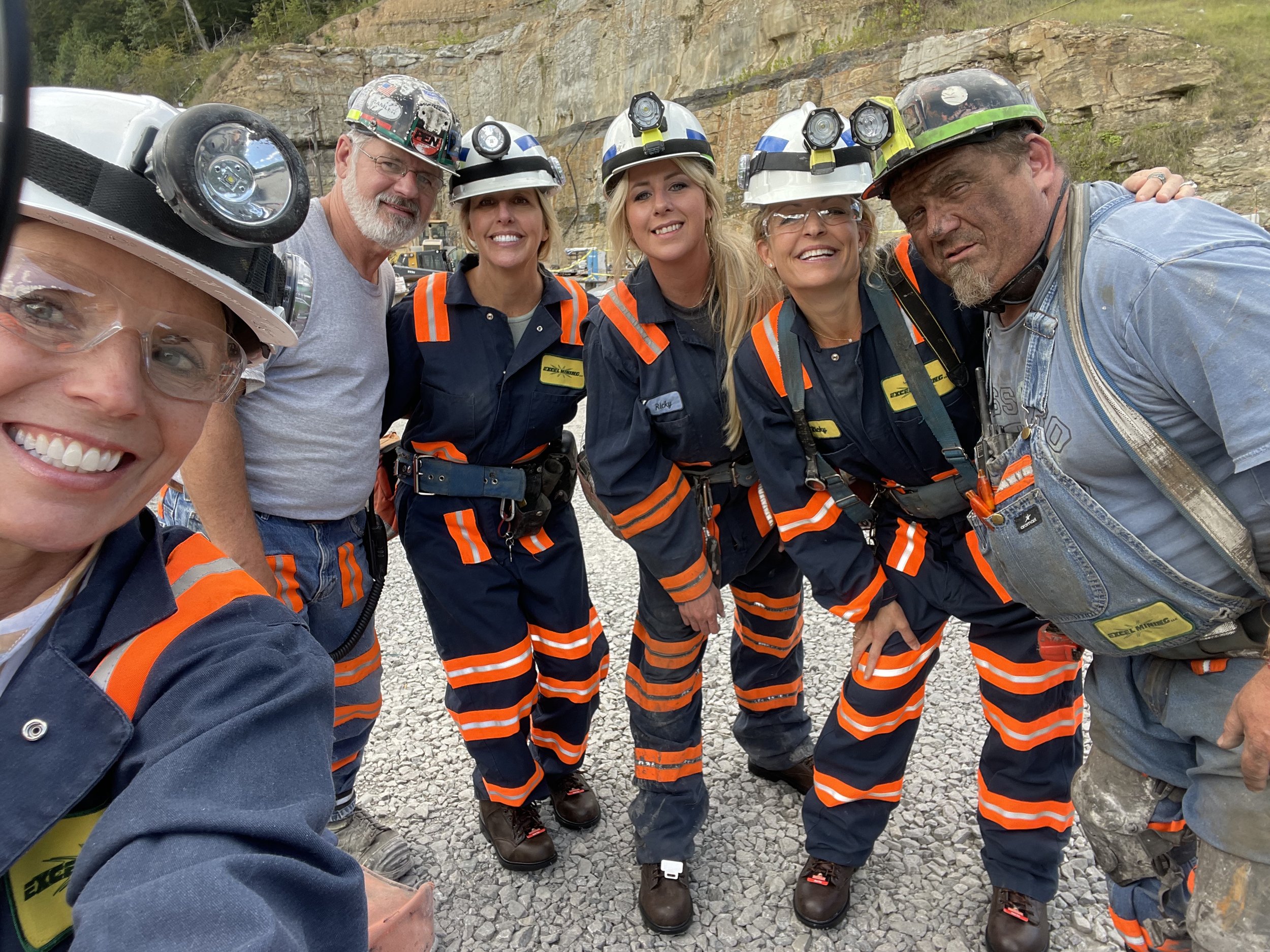

Part Two: An Appalachian Epiphany
The theme of leaving and returning is strong in Appalachia; it is difficult to make a living without the coal jobs. Many people must travel hours to work each day in Georgetown, Somerset, wherever industry has jobs with wages enough to feed their families. It is easy to see why they must move away, and it is easy to see why they yearn to come home. The mountains pull them in, wrap them up, a warm fleece that safeguards them from unfamiliar winds; they nestle in, scrapping to sustain the foothold of their common connections.

The Common Wealth of Kentucky Project is Born.
I woke up on a padded bench inside a metal van, my body stiff. Big Agnes, my sleeping pad, was deflated and crumbled on the floor next to an open bag of tortilla chips and empty plastic wine glasses. The rotary spew of coffee from the Keurig sounded like bliss. Kelly sat my cup on the edge of the narrow Formica counter, unzipped the door as quietly as she could, and stepped out to the gravel parking lot, Casey Jones Distillery. She set her mug on a moonshine barrel, stretched her arms to the clear blue sky, and groaned. Jill was in the back, curled up, still asleep after tripping over the exploded duffle bag on her early morning trip to the toilet. We were three middle-aged women traveling western Kentucky in a sprinter van, and this was day two of our “Common Wealth of Kentucky” tour.

The Truth About the Herd
Thank God for Tik Tok. You won't find many Gen Xers who agree with me generally, but more specifically, how could we have survived the shutdown without the memes and stories we furiously forwarded to our friends and family? They engendered an ounce of levity during a freakishly "unprecedented time", and they connected us with others effortlessly. That connection was really, really important. That connection is the premise of this blog.




